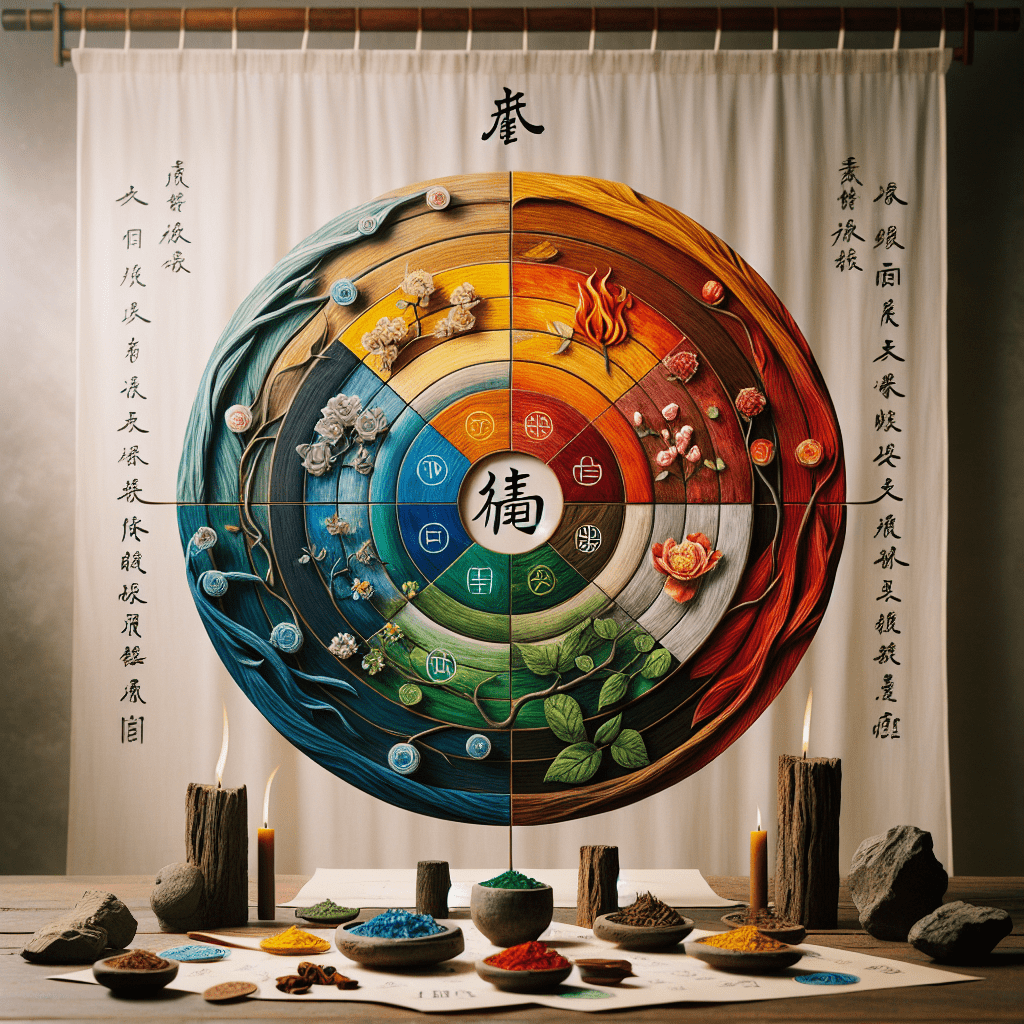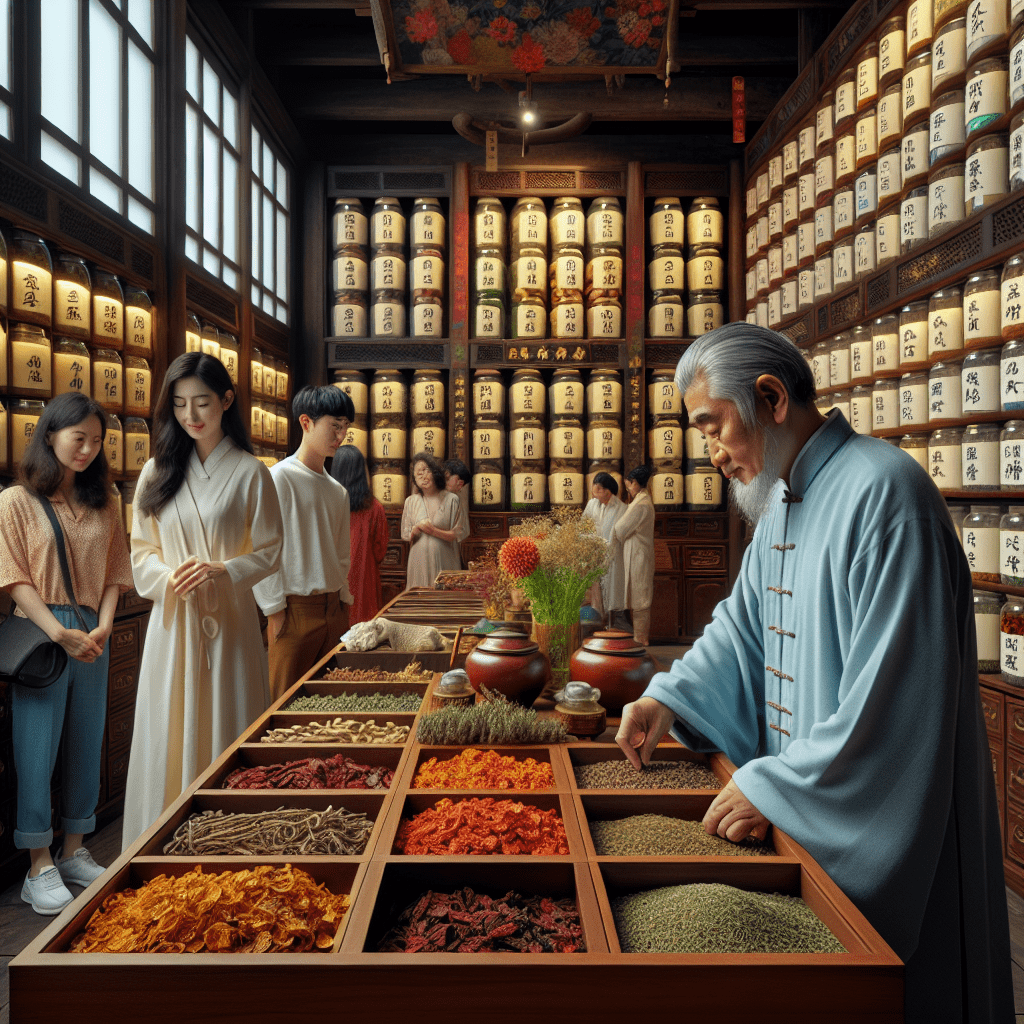Have you ever felt drawn to healing practices that go beyond conventional medicine? Perhaps you’ve experienced the benefits of acupuncture firsthand, or found relief through herbal remedies passed down through generations. If you’re nodding along, a career in Traditional Chinese Medicine (TCM) might be your path to professional fulfillment.
A TCM degree represents more than just academic achievement—it’s a gateway to mastering a 2,000-year-old healing system that continues to thrive alongside modern healthcare. Becoming a Doctor of Traditional Chinese Medicine involves deep study of this ancient wisdom. This ancient wisdom, with its focus on balance, prevention, and treating the whole person rather than just symptoms, resonates deeply with today’s health-conscious individuals seeking natural alternatives.
“I was working in corporate finance when I realized my true passion was helping people heal naturally,” shares Maria Chen, a TCM practitioner who transitioned careers five years ago. “Getting my TCM degree was the best decision I ever made—it aligned my work with my values.”
What Does a TCM Degree Program Entail?
Pursuing a TCM degree is a journey that combines rigorous academic study with hands-on clinical practice. Most accredited programs in the United States offer either a Master’s degree or Doctorate in Acupuncture and Chinese Medicine, though Bachelor’s programs exist, particularly in countries where TCM is more integrated into mainstream healthcare. The National Certification Commission for Acupuncture and Oriental Medicine (NCCAOM) provides certification that validates entry-level competency in the practice.
A typical TCM degree program includes:
Core Curriculum Components
- TCM Basic Theory: Understanding fundamental concepts like Yin-Yang theory, Five Element Theory, and Qi circulation
- Acupuncture Studies: Learning point locations, needling techniques, and treatment protocols
- Chinese Herbal Medicine: Studying hundreds of herbs, their properties, and formulation principles
- Biomedical Sciences: Anatomy, physiology, pathology, and modern medical terminology
- Clinical Practice: Supervised internships treating real patients under faculty guidance
Most Master’s programs require 3-4 years of full-time study, comprising approximately 2,500-3,000 hours of instruction. Doctorate programs extend this further, often adding research components and specialized clinical training.
Dr. James Wong, Director of Admissions at Pacific College of Oriental Medicine, explains, “Our TCM degree programs prepare students not just technically, but philosophically. Understanding the Eastern perspective on health—where balance and prevention are paramount—creates practitioners who offer something truly different in today’s healthcare landscape.”
Accreditation and Licensure
When researching TCM degree programs, accreditation is crucial. In the US, look for schools accredited by the Accreditation Commission for Acupuncture and Herbal Medicine (ACAHM). This ensures your education meets national standards and qualifies you for licensure exams.
After completing your TCM degree, you’ll need to pass national board exams administered by the National Certification Commission for Acupuncture and Oriental Medicine (NCCAOM). State requirements vary, with some requiring additional exams or continuing education.
For international students, programs in China offer immersive experiences. The Bachelor’s degree program in Traditional Chinese Medicine in China typically encompasses six years of study, including a first year dedicated to Mandarin language instruction—an investment that provides unparalleled cultural context and traditional knowledge.
Career Paths After Your TCM Degree
One of the most exciting aspects of earning a TCM degree is the diversity of career options it opens. Unlike some healthcare paths with rigid structures, TCM practitioners can craft careers that reflect their unique interests and strengths.
Private Practice
Many TCM graduates establish their own clinics, either solo or in partnership with other complementary practitioners. This entrepreneurial path offers independence and the ability to create a healing environment aligned with your vision.
“Building my own practice allowed me to focus on women’s health and fertility—my passion area,” says Dr. Lisa Zhang, who completed her TCM degree six years ago. “I’ve created treatment protocols that combine acupuncture, herbal formulas, and nutritional guidance tailored to each woman’s constitutional type.”
Integrative Healthcare Settings
With growing recognition of complementary medicine’s value, hospitals and integrative health centers increasingly hire TCM practitioners. Working alongside conventional medical providers, your TCM degree enables you to bridge Eastern and Western approaches, creating truly holistic care plans.
According to recent industry surveys, acupuncturists working in integrative settings report high job satisfaction, citing the ability to focus more on patient care rather than practice management as a major benefit.
Wellness and Corporate Settings
Luxury spas, wellness retreats, and even progressive corporations now employ TCM practitioners to address stress, improve employee wellness, and offer preventative care. These settings often allow for creative applications of TCM principles to modern lifestyle challenges.
Education and Research
For those passionate about advancing the field, teaching positions at TCM colleges or conducting research presents rewarding opportunities. Your TCM degree, particularly at the doctoral level, prepares you to contribute to the growing evidence base supporting Eastern medicine practices.
Herbal Medicine and Product Development
Some TCM graduates focus on herbal medicine, working with supplement companies, developing product lines, or serving as consultants on formulations. This specialized path leverages the extensive herbal knowledge gained during TCM degree programs.
Income Potential
While passion often drives those pursuing TCM degrees, practical considerations matter too. Income varies widely based on location, specialization, and business model. Entry-level positions typically start at $25-50 per hour, while established practitioners with successful practices can earn $80,000-150,000 annually or more.
Dr. Michael Thompson, who transitioned from physical therapy to TCM mid-career, notes, “There’s a misconception that alternative medicine practitioners can’t earn good livings. My income actually increased after completing my TCM degree because I could offer unique services that addressed root causes of chronic conditions conventional medicine struggled with.”
TCM in the Modern World: Bridging Ancient Wisdom and Technology
One of the most fascinating developments in the TCM field is how this ancient healing system is being enhanced and extended through modern technology. This integration represents a perfect example of honoring traditional wisdom while embracing innovation.
HerbalsZen’s EASTCHI AI exemplifies this bridge between past and present. This cutting-edge platform applies artificial intelligence to personalize health recommendations based on TCM principles, particularly Five Element Theory. By analyzing individual constitutional types—a cornerstone concept taught in all TCM degree programs—EASTCHI AI creates customized nutrition plans and lifestyle guidance.
“What’s remarkable about tools like EASTCHI AI is how they make complex TCM concepts accessible to everyone,” explains Dr. Sarah Chen, who teaches at a leading TCM college. “Students in TCM degree programs spend years learning to identify patterns and recommend appropriate foods and herbs. AI doesn’t replace this expertise but can extend its reach, bringing personalized Eastern wisdom to more people.”
This technological evolution of TCM principles reflects how graduates with TCM degrees can participate in healthcare innovation while remaining true to traditional foundations. The integration of AI with TCM demonstrates that Eastern medicine isn’t a static, historical approach but a living, evolving system capable of addressing modern health challenges.
For those considering a TCM degree, understanding this dynamic between tradition and innovation is crucial. Today’s successful practitioners honor the classical texts and methods while remaining open to research, technology, and integrative approaches that enhance effectiveness.
Food as Medicine: A Core TCM Principle Finding Modern Application
Throughout your TCM degree studies, you’ll learn that food therapy (食疗 or shí liáo) has always been a fundamental treatment modality—an area where Eastern wisdom was centuries ahead of Western nutrition science. This food as medicine approach forms a core principle of traditional healing.
“In our TCM degree program, students are often surprised by how much emphasis we place on dietary therapy,” shares Dr. Li Wei, academic director at a prominent TCM college. “They come expecting to learn mainly about acupuncture and herbs, but leave understanding that appropriate food is often the first medicine we recommend.”
This food-as-medicine approach is experiencing a renaissance as modern research validates connections between diet and health outcomes. TCM practitioners with their deep understanding of food energetics and properties are uniquely positioned to guide patients through dietary choices tailored to their constitutional needs and health conditions.
EASTCHI AI’s seasonal dietary guidance exemplifies this principle in action, offering recommendations that align with both TCM wisdom and contemporary nutritional science. This synthesis of ancient understanding and modern application represents the exciting future TCM degree holders can help create.
Is a TCM Degree Your Calling?
As you consider whether to pursue a TCM degree, reflect on what draws you to this path. Beyond career opportunities and income potential, TCM offers something increasingly rare: meaningful work that connects you to a tradition of healing wisdom while meeting today’s wellness needs.
The most successful TCM practitioners share certain qualities:
- Compassion and empathy for those seeking health solutions
- Intellectual curiosity about both traditional wisdom and current research
- Manual dexterity for acupuncture and hands-on assessment
- Entrepreneurial spirit (particularly for those planning private practice)
- Cultural appreciation for Eastern philosophical foundations
- Commitment to holistic health beyond symptom management
“When I interview prospective students for our TCM degree program,” says Dr. Wong, “I’m looking for that spark—the genuine desire to understand health from this unique perspective and apply it with integrity. Technical skills can be taught, but that foundational respect for the tradition needs to come from within.”
Taking the First Step Toward Your TCM Degree
If the path of Eastern medicine resonates with you, begin by researching accredited TCM degree programs in your area or regions you’d consider relocating to. Many schools offer open houses, sitting in on classes, or connecting with current students.
Consider shadowing practicing acupuncturists or TCM herbalists to gain firsthand exposure to daily work realities. This practical experience proves invaluable in confirming your interest before committing to a multi-year program. Many schools offer alternative medical career paths that can help you find your specific niche.
Financial planning matters too—investigate scholarship opportunities, federal aid eligibility, and payment plans specific to TCM degree programs. Many schools offer financial counseling to help prospective students navigate funding options.
Conclusion: Ancient Wisdom, Modern Healing, Timeless Fulfillment
A TCM degree offers more than career preparation—it’s an invitation to join a lineage of healers stretching back thousands of years while simultaneously participating in healthcare’s evolution. In a world increasingly recognizing the limitations of solely reductionist approaches to health, TCM practitioners provide a complementary perspective that honors the body’s interconnectedness and self-healing capacity.
Whether you’re drawn to the elegant precision of acupuncture, the botanical richness of herbal medicine, or the constitutional insights of TCM diagnostics, this path offers endless opportunities to grow professionally while making meaningful differences in people’s lives.
As technologies like EASTCHI AI demonstrate, TCM principles remain relevant and adaptable to contemporary contexts. Your TCM degree can position you at this exciting intersection of tradition and innovation, allowing you to honor ancient wisdom while creating modern healing solutions.
Is Eastern medicine your true calling? Only you can answer that question. But for those who hear its call, the journey of earning a TCM degree promises to be as transformative as the healing work that follows.




